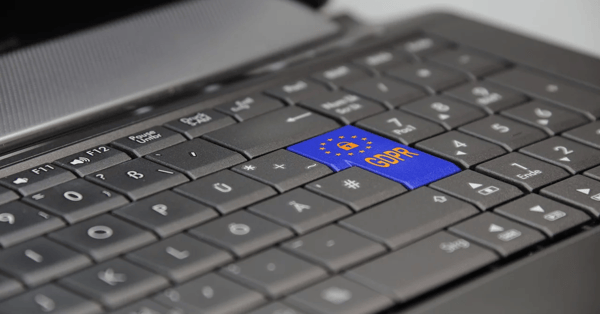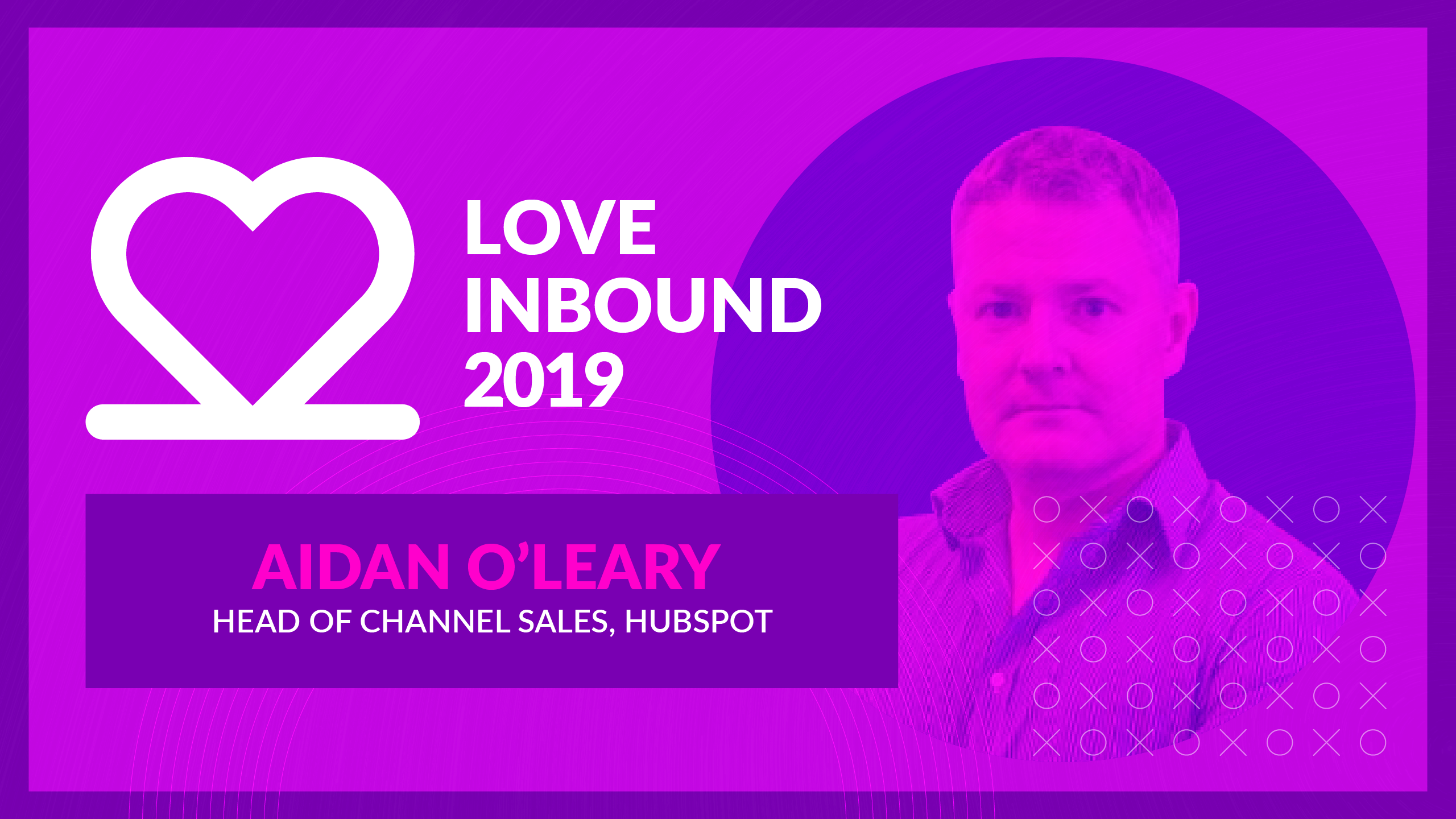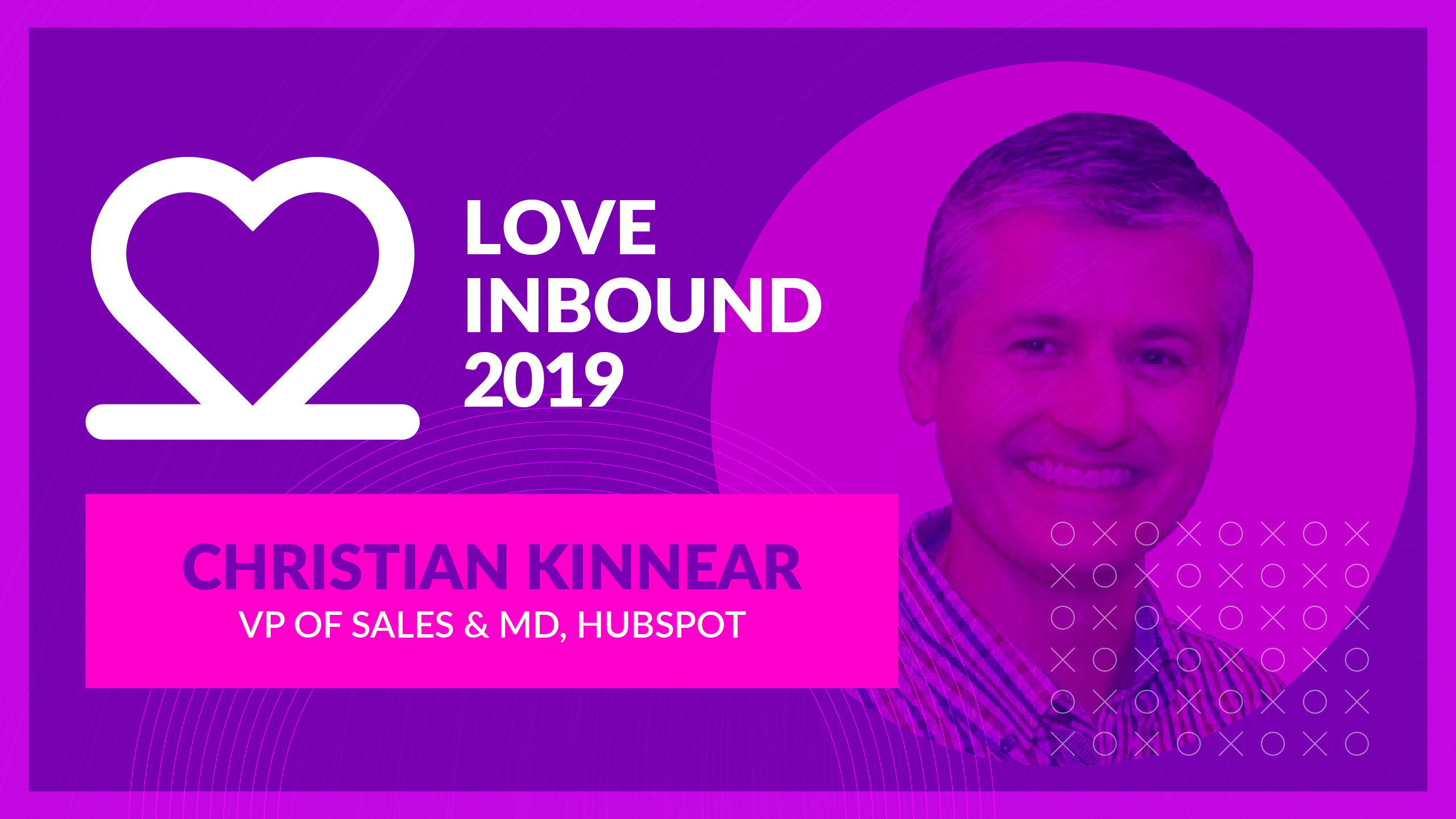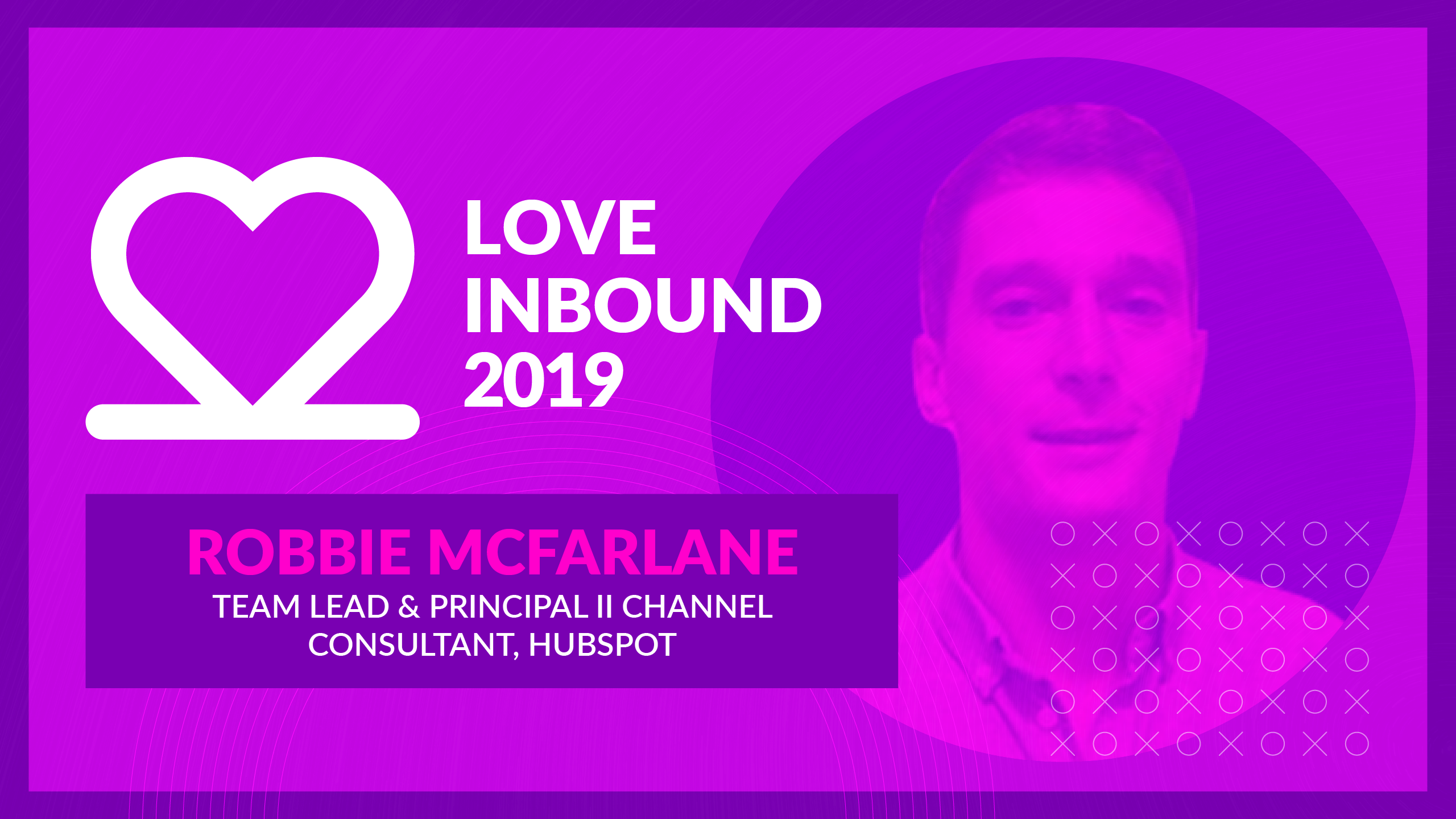Our first ever LOVE INBOUND event was a huge success. Not only was it an amazing day for all...
Under GDPR, you’ll now have to prove consent to have and use both B2C and professional B2B data. You should be compliant by now, especially if you work in the wonderful world of marketing.
 Acquiring databases and scraping information doesn’t fly anymore. Neither does giving people the choice of opting-out after you contacted them - it's no longer good enough.
Acquiring databases and scraping information doesn’t fly anymore. Neither does giving people the choice of opting-out after you contacted them - it's no longer good enough.
You must prove exactly when and where they gave you consent. Otherwise, you could end up with a hefty fine. Which is either €20m or 4% of your global turnover, whichever stings you most.
What can you do about it?
Thinking of loopholes and workarounds is only going to land you in trouble. Companies have been fined for this subversive strategy, so you need to change your mindset - and fast.
You need to look seriously at the data you have and be honest about the way you acquired it. If you have done so by ‘dodgy’ methods (picture a man down a dark alley with data under his trenchcoat), now’s the time to start thinking about the future.
What do we do with the data we have?
You know this already but GDPR has forced you to admit what you do with your current data. Was the data you acquired from these sources risky or pretty useless at best?
Mined data is shady and, most importantly, though it’s illegal. It also usually leads to terrible engagement rates. So, what’s the point of hanging onto data that isn’t working for you anyway?
If you haven’t already, sit down, review this data and trim your database down to those who are truly opted in and engaged. Your time, energy and marketing strategy will be much effective as a result.
How can we acquire data the right way?
GDPR has meant more savvy people shifted their budget towards inbound marketing. Not only is it a methodology which aligns with how customers research and buy today, but it’s also GDPR compliant.
Winner winner chicken dinner.
As prospects will find you (instead of you hunting them down and harassing them), they’ll become a part of your database because you’re providing them with valuable content. They might sign up to your newsletter or follow you on social media - so there’s no need to worry about GDPR because they actually WANT to hear from you.
If you use a tool like HubSpot, you’ll also be able to meet your requirements of providing contacts with a timeline of their consent process - all the details you have on them. Most importantly, you can erase their data at the touch of a button.
Want to make a change for the better and get those leads in an ethical way? Of course you do. You can learn more about wrangling those organic prospects with inbound marketing with our free eBook.
So, I know it feels like a telling off but there are better (and legal) ways to get contacts in your CRM. You won’t need to risk it for a chocolate biscuit and we’ve got the improved Inbound Marketing Handbook to help you.
Get (legal) leads with inbound marketing today.
To really amplify your efforts and achieve those inbound marketing objectives without the feds on your case, download our new guide ‘Inbound Marketing 2.0’. You’ll build upon your knowledge of inbound with information on inbound processes, statistics, personas, goals and much more.
If you’re interested in building your data lists and avoiding a fine, click the link below to get started.
This blog was originally written by Rikki Lear in 2017. It has been updated for 2020 by Molly Johnston.


